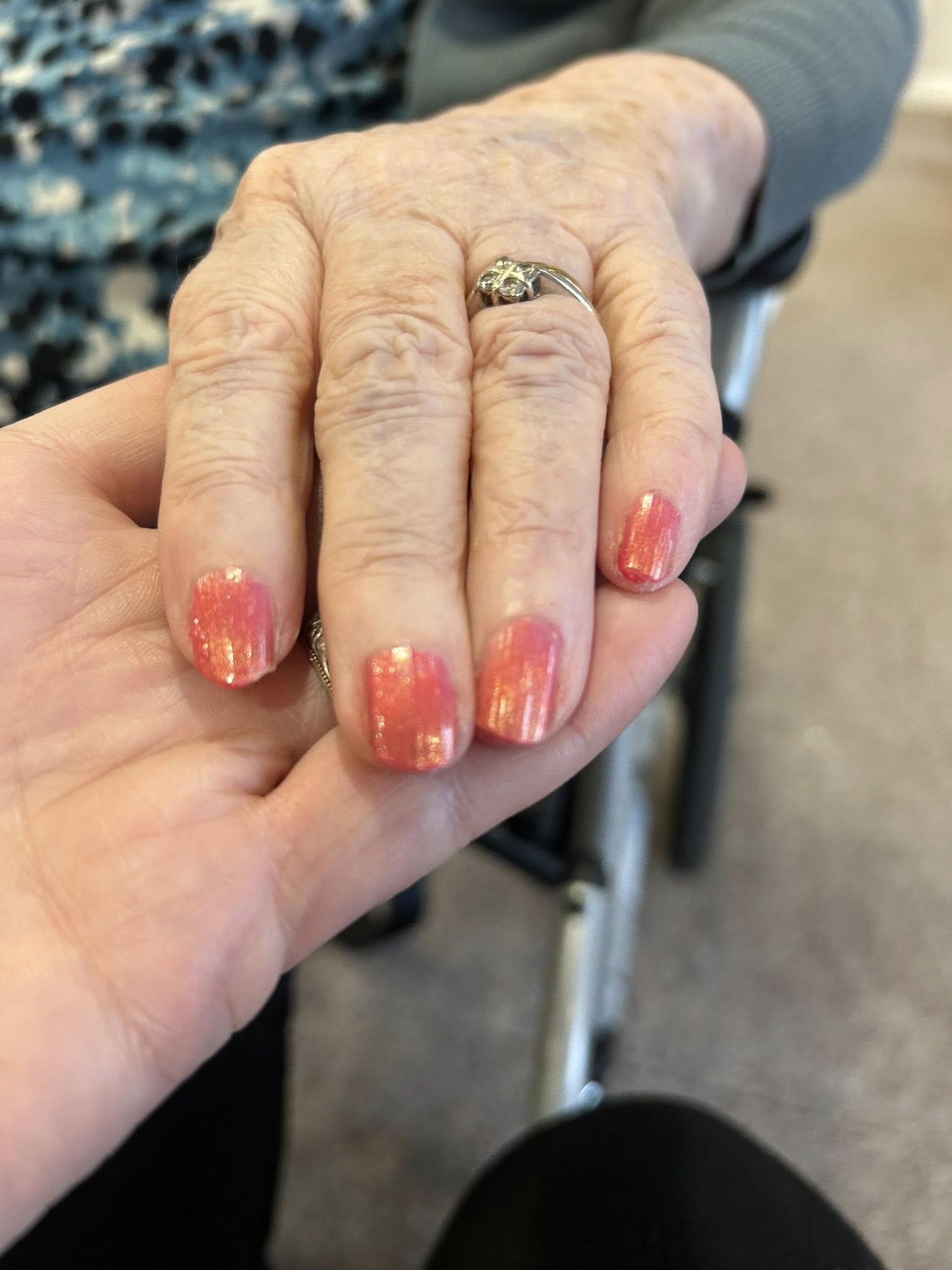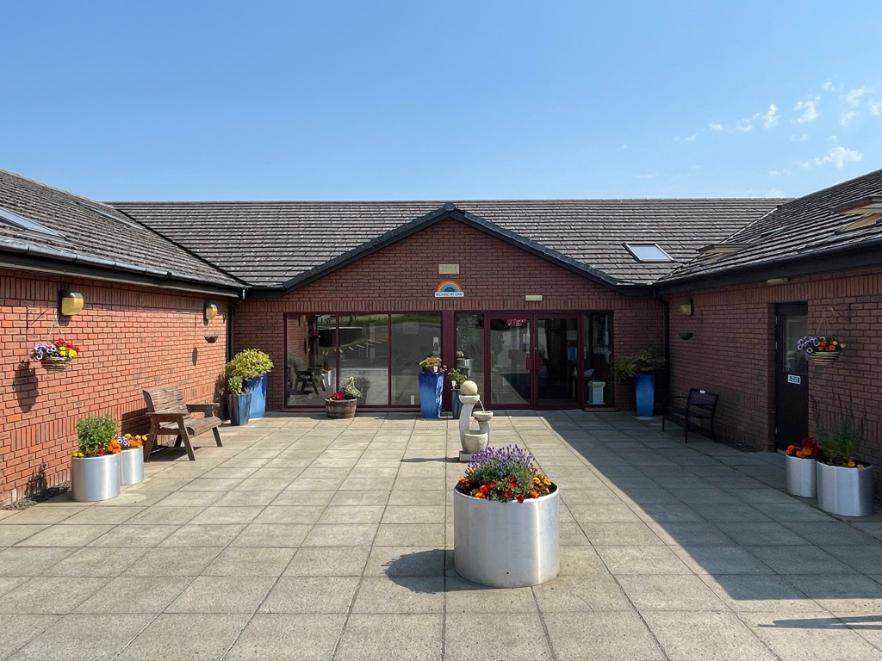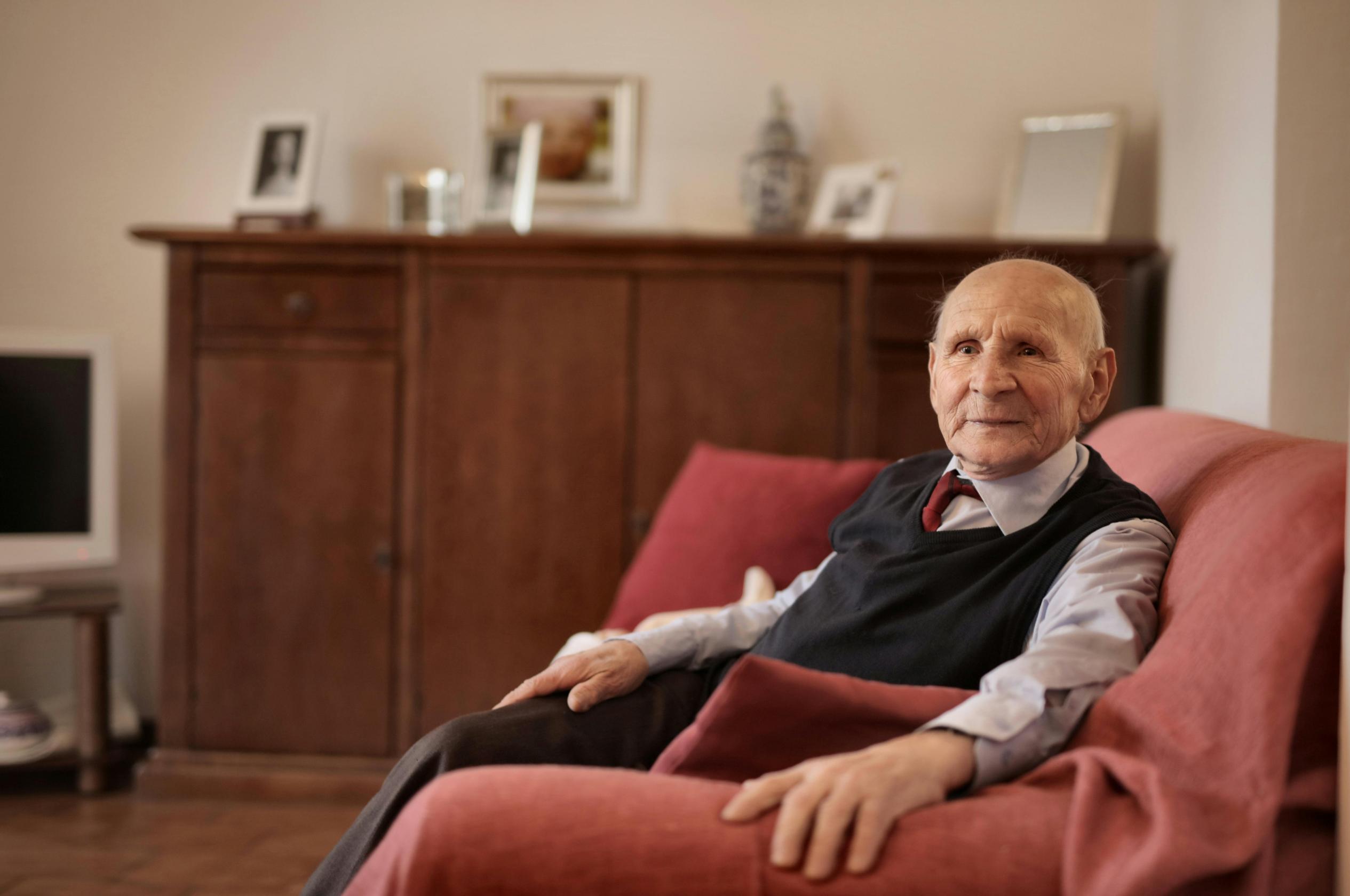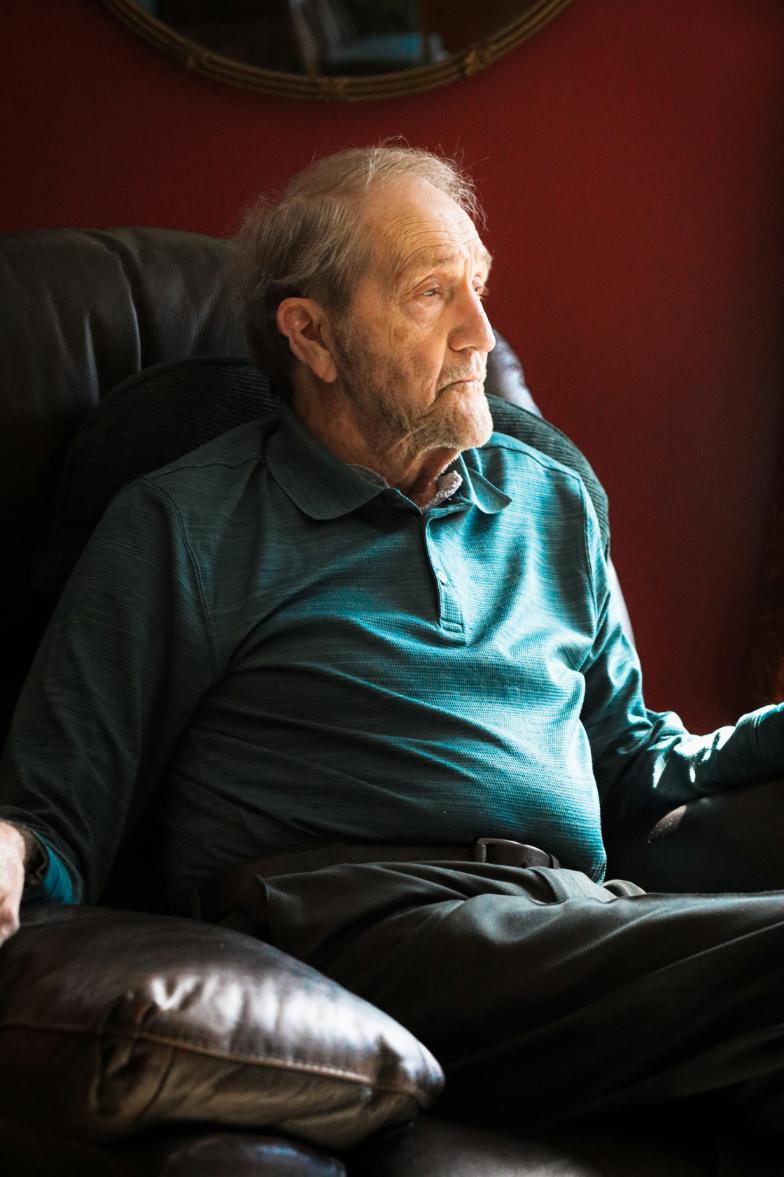What Support is Available for Palliative Care Residents?
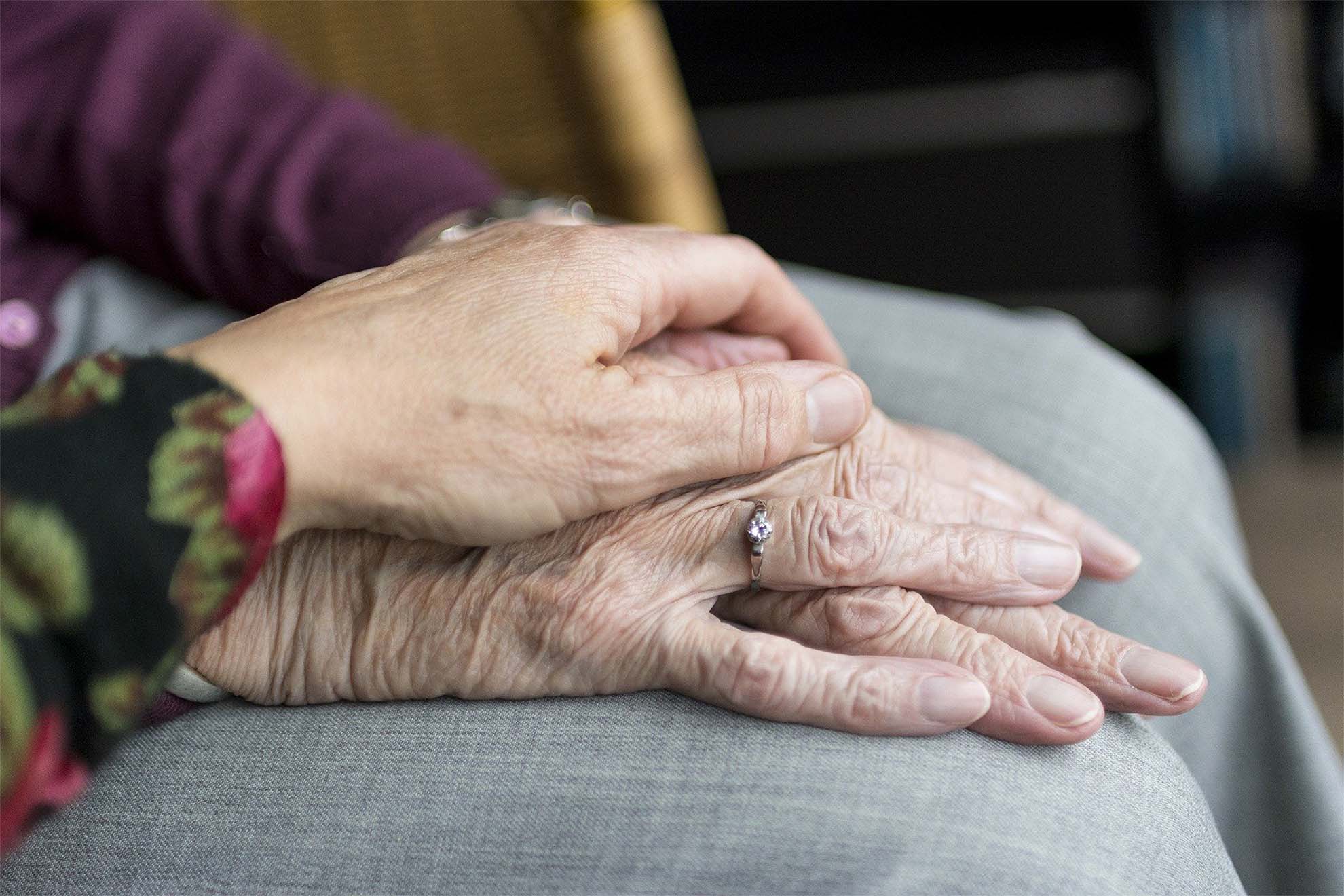
At Beechgrove Care Home, we understand that living with a life limiting illness, advanced incurable illness, or terminal diagnosis can be an incredibly challenging experience - not just for residents, but also for their family members and loved ones. Many people ask: What support is available for palliative care residents?
The good news is that palliative care services today offer a holistic approach that focuses on managing symptoms, providing emotional support, delivering high quality care, and improving the overall quality of life for residents. Whether the resident is coping with a serious illness, such as motor neurone disease, an advanced incurable illness, or a life threatening acute condition, a wide network of support is available. This ranges from specialist palliative care nurses to community support groups, district nurses, spiritual support providers, and many other forms of assistance.
In this article, we will explore the types of support available for palliative care residents - including the professionals involved, the services provided, and how you can arrange palliative care for yourself or a loved one.
What is Palliative Care?
Palliative care is a type of specialised medical care designed for people living with a life limiting illness, incurable illness, or terminal illness. It is appropriate at any stage of illness and can be provided alongside other treatments aimed at prolonging life.
The primary goals of palliative medicine are:
- Pain and symptom control
- Symptom relief for other distressing symptoms (such as breathlessness, fatigue, nausea, and anxiety)
- Emotional well being and emotional support
- Spiritual care
- Practical help with daily tasks (personal care, hygiene, and mobility support)
- Guidance and advice for family members
At Beechgrove Care Home, we adopt a holistic care philosophy - treating the whole person, not just the illness. We work alongside many healthcare professionals and specialist professionals to ensure that each resident receives the compassionate and comprehensive care they need.
Who Provides Palliative Care?
Palliative care is provided by a multidisciplinary palliative care team. The exact composition of the team will vary depending on the resident's needs and where they receive care - for example, whether in a local hospice, care home, or their own home.
The Core Palliative Care Team Includes:
Specialist palliative care nurses
These highly trained nurses focus on symptom control, pain management, and emotional support for residents and their families. They also liaise with other healthcare professionals to ensure a coordinated approach.
Consultants trained in palliative medicine
These doctors have specialist knowledge of palliative care and managing symptoms in complex cases.
District nurses
Often working in the community, district nurses provide hands-on nursing care in residents' own homes or in care homes like Beechgrove. They also support family members and caregivers.
Community palliative care nurses
These nurses bridge the gap between hospital, hospice care, and home-based care, ensuring continuity of high quality care.
Other specialist professionals
This may include physiotherapists, occupational therapists, dieticians, social workers, and spiritual support providers.
Other healthcare professionals
Your healthcare team may include your GP, hospital specialists, psychologists, and other care staff.
Additional Support from the Wider Community:
- Community support groups and local branches of national charities (such as Marie Curie or Macmillan) provide practical advice, peer support, and advocacy.
- Local hospice services often offer day-care, respite, and outreach support.
What Services Do Palliative Care Residents Receive?
The types of support available for palliative care residents are wide-ranging and adaptable to each person's needs.
1. Pain and Symptom Control
Controlling physical symptoms is a priority in palliative care. This involves:
- Using medicines aimed at reducing pain, breathlessness, nausea , fatigue, and other discomforts
- Tailored care plans for symptom control provide practical relief
- Use of complementary or other therapies to promote well being (e.g. massage, music therapy)
- Regular review of symptoms by the palliative care team
2. Emotional Support and Psychological Care
Living with a serious illness or terminal illness can cause anxiety, depression, and emotional distress.
- Emotional support is provided through one-to-one counselling, peer groups, or psychological therapy.
- The palliative care team involves psychological professionals to help residents cope.
- Family members also receive counselling and emotional support.
3. Spiritual Support
For many, spiritual well being becomes important during end of life care.
- Spiritual support is available regardless of religious belief and is tailored to each person's needs.
- Chaplains, faith leaders, or trained volunteers offer guidance, comfort, and companionship.
4. Personal Care and Practical Help
Personal care is essential for maintaining dignity and comfort.
- Nursing care staff provide assistance with bathing, dressing, toileting, and mobility.
- Carers also support residents in maintaining as much independence as possible.
5. Social Work and Financial Advice
- A social worker can advise on benefits, funding, and practical matters.
- Help with arranging equipment, adaptations, or respite care can also be provided.
6. Support for Families and Carers
- Palliative care services include education and training for family members who are providing care.
- Emotional support, respite, and bereavement counselling are also available for loved ones.
Where Can Palliative Care be Provided?
Palliative care can be delivered in a variety of settings:
- Care homes such as Beechgrove Care Home
- A person's own home, supported by district nurses and community nurses
- Local hospice services for intensive symptom management or end of life care
- Hospitals
- Community clinics
Beechgrove Care Home offers specialist care in a homely environment, with life care and end of life care services provided on-site. We work closely with local service providers and other specialist professionals to ensure continuity of care.
How to Arrange Palliative Care
Many people wonder how to arrange palliative care or when to seek support.
When Should Life Care Begin?
Palliative care can be introduced at any stage of life limiting illness or serious illness - not just at the very end of life.
- It is suitable from the time of diagnosis of an incurable illness, such as motor neurone disease or advanced cancer.
- It is also appropriate after a sudden catastrophic event or when someone becomes generally frail.
- The focus is on maintaining quality of life - not solely on prolonging life.
How to Access Services
You can access palliative care services through:
- Your GP or hospital consultant - they can refer you to specialist palliative care nurses or a local hospice.
- Community nurses and district nurses - they may recommend additional specialist palliative care if needed.
- Beechgrove Care Home - we can advise on suitable care pathways and support with the referral process.
We encourage family member to be involved in care planning and to seek one to one advice from our care team.
The Role of Beechgrove Care Home
At Beechgrove Care Home, we are proud to offer compassionate, high quality care for residents receiving palliative care. Our services include:
- Expert pain and symptom control
- Personalised emotional support and counselling
- Spiritual support tailored to each residents wishes
- Practical and emotional support for family members
- Coordination with community palliative care nurses, local hospices, and other healthcare professionals
- On-site respite care and end of life care
We believe that everyone deserves dignity, comfort, and respect - especially when facing the challenges of end of life or life threatening illness.
Understanding Your Options
In summary, an extensive range of palliative care services is available through care homes like Beechgrove, the NHS, local hospices, and community organisations. This includes pain and symptom control, personal care, emotional support, spiritual care, and practical help for both residents and their family members.
If you or a loved one needs help arranging palliative care, please don't hesitate to contact Beechgrove Care Home. Our experienced team can provide guidance, coordinate with specialist professionals, and ensure you receive the holistic care and support you deserve.
